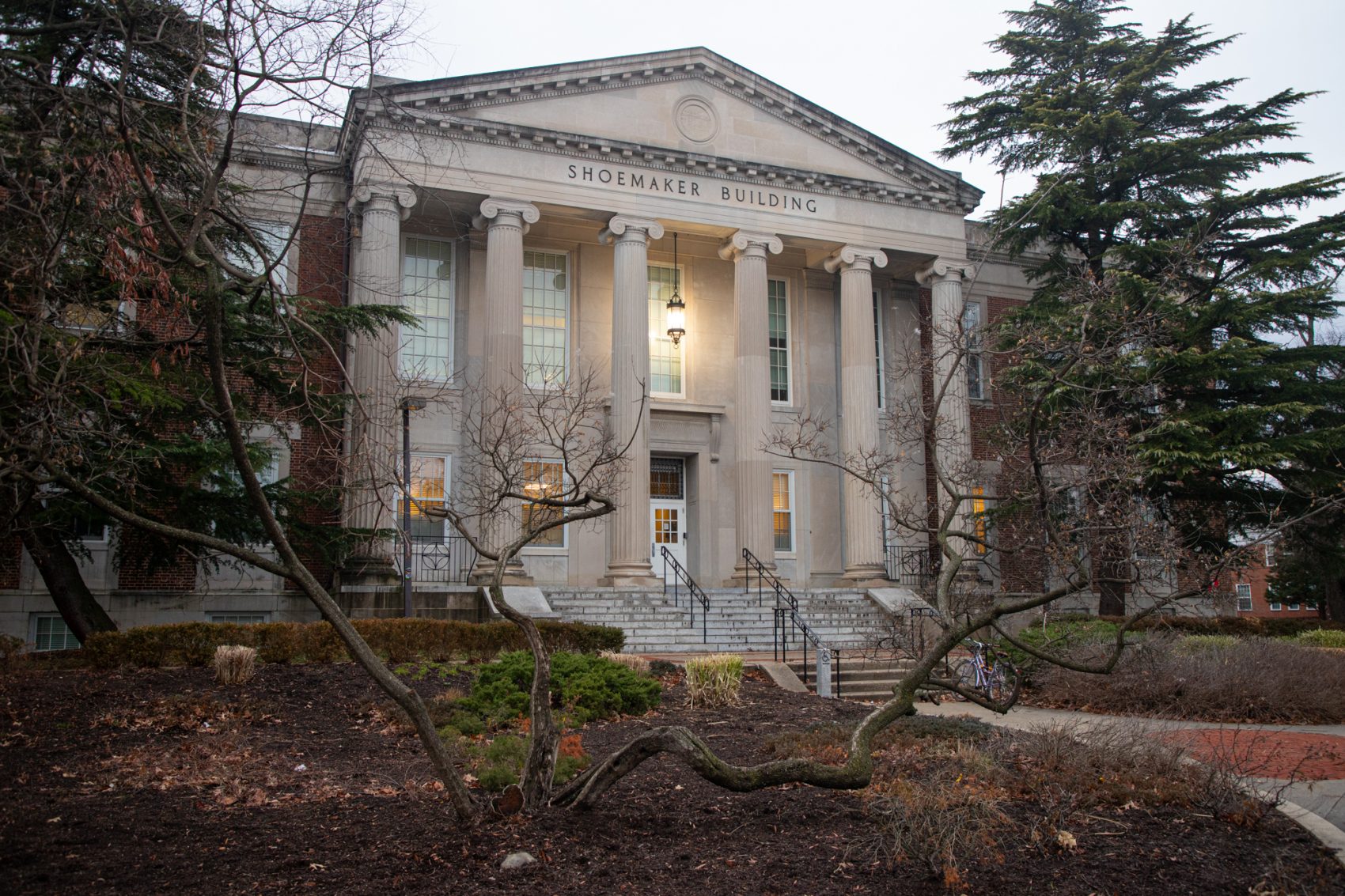Views expressed in opinion columns are the author’s own.
After reading the introductory letter from new University of Maryland President Darryll Pines, I was pleased by the first initiative on his list: increasing staffing for mental health services for “diverse populations who have suffered not only from stress related to the pandemic, but also from acts of injustice that still plague our society.”
It’s significant that Pines placed emphasis on the fact that some groups may be uniquely affected by issues related to mental health. And given the culture of apathy that typically surrounds mental health in higher education, I see this as a small victory. This university’s resources must be responsive to health disparities that affect marginalized populations, such as LGBTQ students, racial minorities and undocumented immigrants. As Pines works toward this goal, he should ensure that any changes are equitable and culturally sensitive to different students’ needs.
A student’s background may affect not just how they experience mental health issues, but also how they receive treatment. According to a 2018 study in the Journal of Adolescent Health, white college students are significantly more likely to receive a diagnosis for mental health problems than students of color. White students are also more likely to get treatment for those problems.
Furthermore, a 2019 report from The Trevor Project states that 76 percent of LGBTQ youth felt the recent political climate impacted their “mental health or sense of self.” And at this university, undocumented students report struggling with “emotional strain” as a result of their circumstances, especially under the Trump administration. These groups — especially racial and ethnic minorities — have been disproportionately impacted by the pandemic.
The university’s Counseling Center has some mental health resources in place for marginalized populations, such as “culturally-responsive” counseling for students of color, LGBTQ students, international students and veteran students. This includes walk-in hours with an “LGBT Ally” for LGBTQ students, an “International Ally” for foreign-born students, and so on.
While this represents a solid foundation, I’d like to see Pines expand on these services as he works to improve the Counseling Center. Increased staffing may help with general problems like long wait times, but that won’t matter if the care is completely standardized. Counselors who are trained to be “allies” are the bare minimum. As an Asian American woman who has experienced mental health problems, I’d feel more comfortable receiving treatment from a counselor with the same background as me, rather than someone trained to be “culturally responsive.” Offering truly inclusive support will help destigmatize mental illness by reassuring students they deserve empathetic care from someone who really understands them.
Mental health is not one-size-fits-all, and thus treatment should not be standardized. With all the recent attention aimed toward LGBTQ, racial and immigrant issues, it’s a good opportunity for the university to make meaningful change. It’s imperative that Pines continues to wholeheartedly address health inequality in the future, beyond just the current news cycle. Pines’ presidency signifies a fresh start, giving him some leverage to produce real change — not for the sake of public image, but for the sake of his university’s students.
Allison Cochrane is a rising senior biology major. She can be reached at allisonc@umd.edu.



